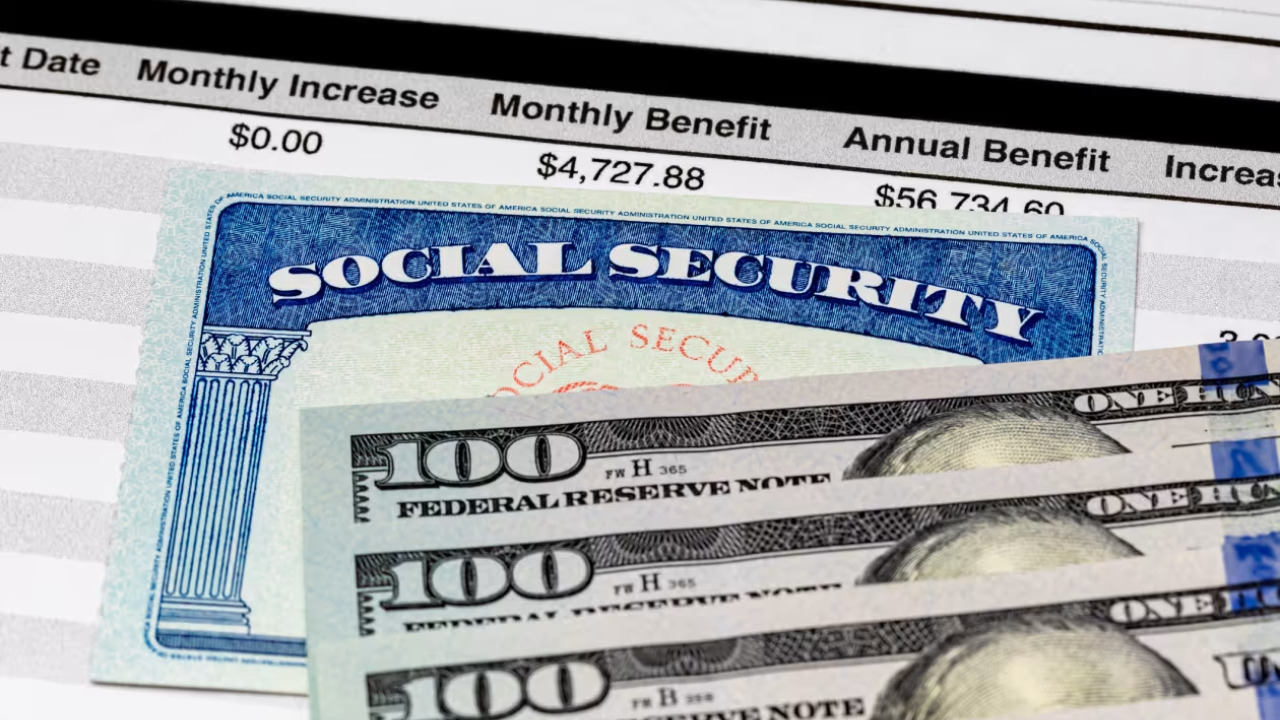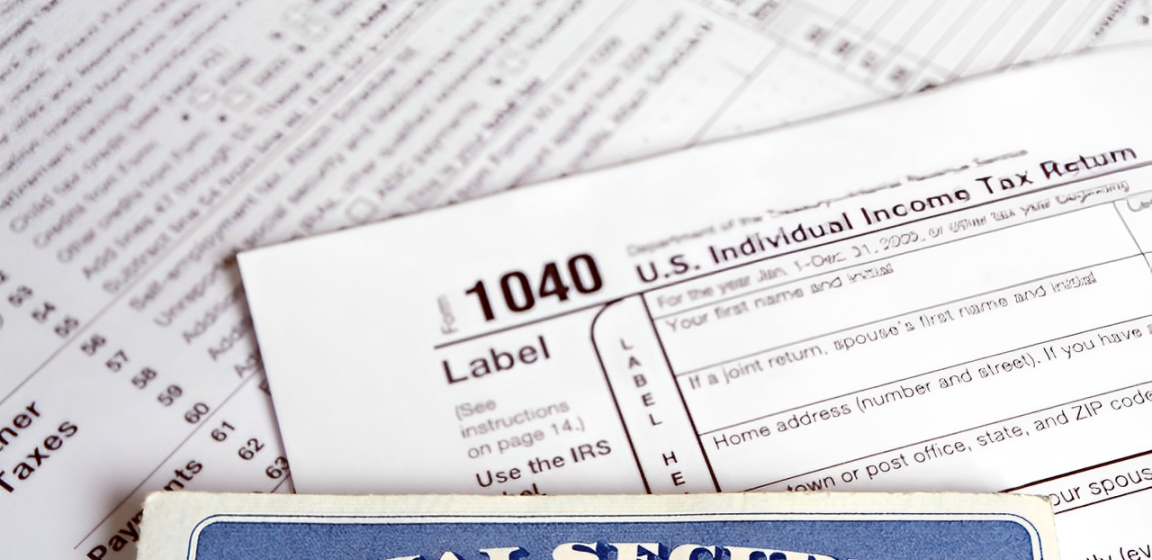If you receive Social Security benefits, you might be wondering whether you need to file taxes. While most people do not have to pay taxes on their benefits, a significant number—about 40%—may need to, depending on their income and other factors.
The Social Security Administration (SSA) has guidelines to help you determine if your benefits are taxable.
How Much Social Security Benefits Do People Receive?
In August 2024, the SSA paid over $121.4 billion to around 68.1 million people. Since 1984, if someone’s income exceeds a certain limit, they might have to pay taxes on their Social Security benefits.
This can depend on factors like your age, marital status, and income from other sources.
Understanding Your Gross Income
To figure out if your Social Security benefits are taxable, start by looking at your gross income, which is the total money you earned in the year before taxes. Here’s when you may need to file a tax return for 2024:
- If you’re a senior aged 65 or older, and your gross income exceeds $14,700, you need to file.
- If you’re married, filing jointly, and both you and your spouse are 65 or older, you will need to file if your gross income exceeds $28,700.
- If you’re married, but your spouse is younger than 65, and your combined income exceeds $27,300, you will likely need to file.
Checking Your Combined Income

Another important factor is combined income, which is your adjusted gross income, nontaxable interest, and half of your Social Security benefits added together. If your combined income falls in these ranges, you may have to pay taxes on some of your benefits:
- A single filer with a combined income between $25,000 and $34,000: You could pay taxes on up to 50% of your benefits.
- Single filer with combined income over $34,000: You might pay taxes on up to 85% of your benefits.
- Married filing jointly with combined income between $32,000 and $44,000: You could pay taxes on up to 50% of your benefits.
- Married filing jointly with combined income over $44,000: You may pay taxes on up to 85% of your benefits.
If you’re married and filing separately and didn’t live with your spouse last year, the SSA taxes your benefits like a single filer. If you live with your spouse, you will likely have to pay taxes on your benefits.
Why Should You File Taxes Even If You Don’t Have To?
Even if you’re not required to file taxes, it may still be worth doing so. If you’ve made estimated tax payments or had federal taxes taken out from your Social Security benefits, you could be due for a refund. Not filing could mean missing out on money you’re owed.
Additionally, filing a tax return might make you eligible for certain tax credits, which could result in a refund. If you qualify, credits like the Earned Income Tax Credit, Child Tax Credit, or Child and Dependent Tax Credit can help reduce your tax burden.
The Earned Income Tax Credit, in particular, is fully refundable, meaning you could get money back even if you don’t owe taxes.
How to Check Your Social Security Benefits for 2024?
You can easily find your total benefits for the year by reviewing the benefit statement sent by the SSA. It’s typically mailed to you, but if you miss it, you can also check your My Social Security account online to access your statement and the details about your benefits.
Filing taxes, even if you don’t have to, could be a smart choice if you want to make sure you don’t miss any potential refunds or credits. Stay informed about your options before Tax Day 2025!
Note: Every piece of content is rigorously reviewed by our team of experienced writers and editors to ensure its accuracy. Our writers use credible sources and adhere to strict fact-checking protocols to verify all claims and data before publication. If an error is identified, we promptly correct it and strive for transparency in all updates, feel free to reach out to us via email. We appreciate your trust and support!



Leave a Reply